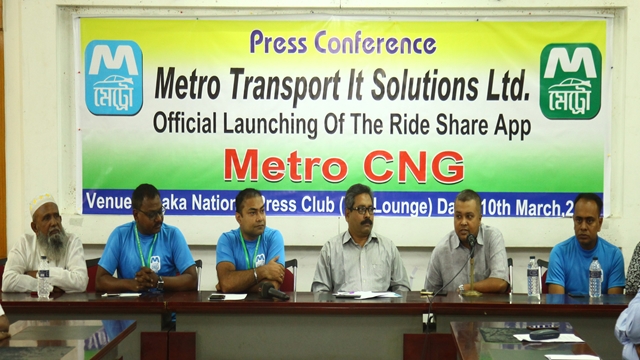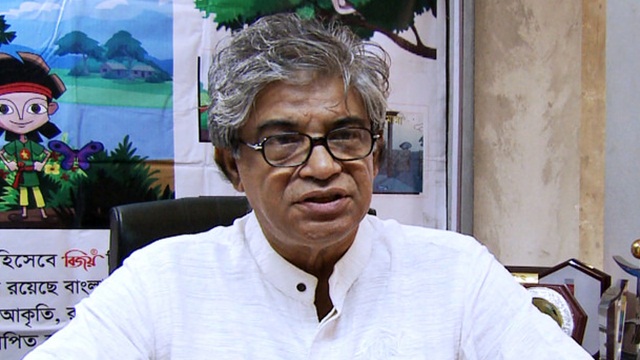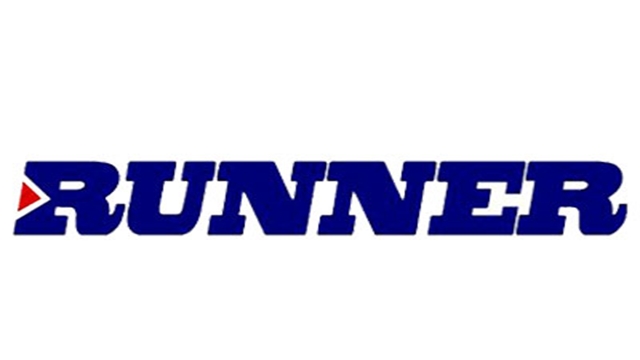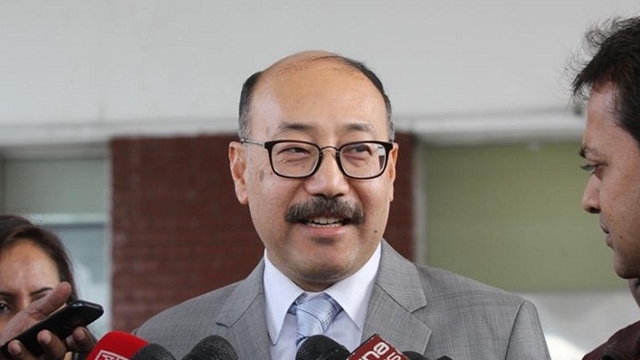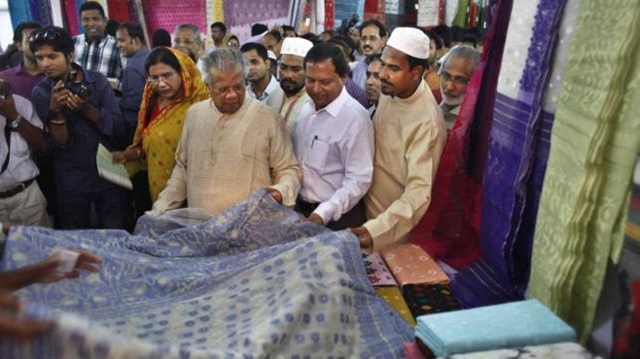Nirmal Barman
Published:2018-05-10 16:53:21 BdST
Anisul for collective regional efforts to check illegal HCFC trade
FT ONLINE
Environment and Forest Minister Anisul Islam Mahmud stressed the need for collective regional efforts to control illegal trade of Hydrochlorofluorocarbons (HCFCs) that deplete the Ozone layer.
"I hope the distinguished representatives of the regional and neighbouring countries will come into conclusion to combat illegal trade of HCFCs and act accordingly," he said.
He was speaking in a "Thematic Meeting: Border Dialogue for HCFC trade coordination and cooperation between Ozone and Customs Enforcement Officers of Bangladesh, Bhutan, China, India, Myanmar and Nepal" at a city hotel.
The two-day meeting was jointly organized by the UN-Environment and Department of Environment of Bangladesh at the city hotel.
Dr Sultan Ahmed, Director General (DG) of Department of Environment presided over the function. Among others, Quazi Sarwar Imtiaz Hashmi, Additional Director General of Department of Environment, Liazzat Rabbiosi, Montreal Protocol Officer for South Asia Network, UN Environment Asia Pacific Office, Md Reazul Hasan, and Member (Vat Policy), National Board of Revenue (NBR), spoke on the occasion.
The minister said, "The successful implementation of the Montreal Protocol across the globe yields the complete phase-out of the highest potent ozone depleting substances. We have yet to phase-out HCFCs comparatively lower ozone depleting potential chemicals."
In this connection, he also said, "I am glad to know that 98 percent of ozone depleting substances already phase-out by this time globally. But global demand is growing high for remaining HCFCs especially in the Article-5 countries. So there is potential risk of illegal trade as quota of HCFCs is decreasing as per Montreal Protocol phase-out schedule."
Appreciating the UN-Environment for its Informal Prior Informed Consent (iPIC) mechanism to manage import and export of controlled substances among importing and exporting countries, he also said," To my opinion, iPIC mechanism would be more effective, if there are any consignment by consignment communication between the importing and exporting countries."
The minister also said, "Again, illegal trade through porous border of the neighbouring countries depends on price difference. In this case, information exchange regarding prices of the control substances among the neighbouring countries could reduce illegal trade in the border areas."
He asked different enforcement agencies including Border Guard of Bangladesh (BGB), National Board of Revenue (NBR) and Department of Customs to be remained alert against smuggling of HCFCs.
Unauthorized use or reproduction of The Finance Today content for commercial purposes is strictly prohibited.



